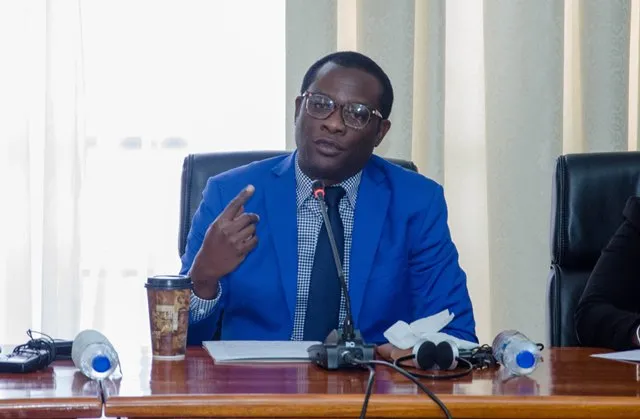Minister of Foreign Affairs and International Cooperation, Hugh Todd on Tuesday pointed to the adverse effects of climate change on food security and peacekeeping operations.
Speaking at the United Nations Security Council’s (UNSC) open debate on the impact of climate change and food insecurity on the maintenance of international peace and security, the minister highlighted the interconnectivity between these three elements, stressing the need for a systematic and strategic approach by the council.
“We are concerned that the increasing occurrences of extreme climate defence are severely impacting access to vital resources, such as water and agricultural lands. There is increasing evidence of the interrelationship between climate change, food insecurity and conflict, with each directly and indirectly impacting the other,” he said.
He continued, “Food and water insecurity and hunger are among the primary pathways through which the effects of climate change on peace and stability and the enjoyment of human rights manifest.”
To further strengthen this point, Minister Todd pointed out that, of the 10 countries more vulnerable to climate change-related risks, 9 are food insecure.
For context, climate change phenomena such as rising temperatures and sea levels, severe droughts, and floods lead to food insecurity.
The minister explained that this can in turn disrupt livelihoods and migration patterns.
According to the foreign affairs minister, these are the main drivers of conflict and violence.
Based on this assessment, he identified climate change as a ‘risk multiplier’.
“Low-income, fragile, vulnerable, and conflict-affected countries and communities are most at risk of being overwhelmed by climate impacts,” the foreign affairs minister added.


